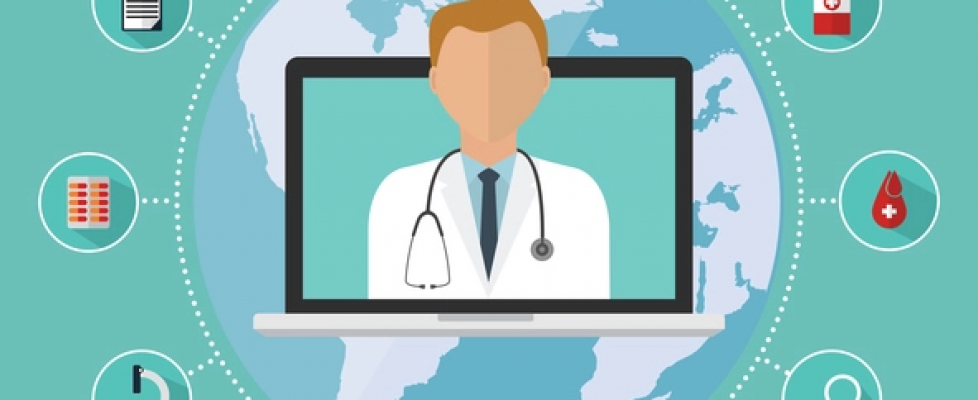Medicare telehealth expansion gets bipartisan stamp of approval from lawmakers
Telehealth technology has proved to be a reliable tool for Medicare providers throughout the pandemic, according to a bipartisan and bicameral group of 49 lawmakers who want to lock in those gains now.
In a Dec. 4 letter, the lawmakers urge House and Senate leaders to use end-of-year legislation to permanently expand Medicare coverage of telehealth services.
The letter says Congress should permanently waive geographic restrictions on telehealth services, so that a beneficiary’s eligibility isn’t based on where they live. The lawmakers also want the telehealth services approved by the Centers for Medicare and Medicaid Services (CMS) to be available to all beneficiaries, not just some. Lastly, they call for legislation to permanently authorize Federally Qualified Health Centers and Rural Health Clinics to provide telehealth services.
“Congress needs to act now to better serve patients and health care providers during the pandemic, and to ensure that telehealth remains an option after the pandemic is over,” the letter reads. Sen. Brian Schatz, D-Hawaii, led the effort to circulate the letter on Capitol Hill.
Under the current expansion, there are three types of virtual services doctors can provide for Medicare beneficiaries: a telehealth visit that uses audio and visual technology for real-time communication, a brief patient-initiated virtual check-in typically conducted over the phone, or an e-visit through an online patient portal.
Providers must use “non-public facing” remote communication tools for those visits — such as Apple FaceTime, Zoom, Skype, or Google Hangouts — that only allow the intended parties to participate in the visit.
The lawmakers note that telehealth services have numerous practical effects, including reduced potential for COVID-19 transmission because fewer patients need to enter health care facilities. Additionally, telehealth increases a health care facility’s capacity overall and reduces the use of “scarce” personal protective equipment, the letter says.
“These actions would address the restrictions on originating sites that CMS has stated are the greatest barriers to the expansion of Medicare telehealth services as well as ensure that health centers can continue their pivotal role in providing health care in rural and underserved areas,” the letter reads.
The Coronavirus Preparedness and Response Supplemental Appropriations Act, 2020 and the Coronavirus Aid, Relief, and Economic Security Act increased access to telehealth services for Medicare beneficiaries, which resulted in a rapid acceleration of use. Before the pandemic, about 13,000 Medicare recipients used telehealth services in any given week. By the last week of April this year, it was 1.7 million recipients, nearly a 13,000% increase.
The expanded coverage is currently tied to the Covid-19 public health emergency declaration and is renewed in three-month increments.
The uncertainty of the long-term future of Medicare telehealth coverage has made it difficult for providers to fully invest in scaling up their operations, such as purchasing telecommunications equipment, training staff and updating electronic billing systems. These are high cost actions and “many organizations are not investing in all of these areas to optimize the use and availability of telehealth,” without knowing the longevity of the expanded coverage.

